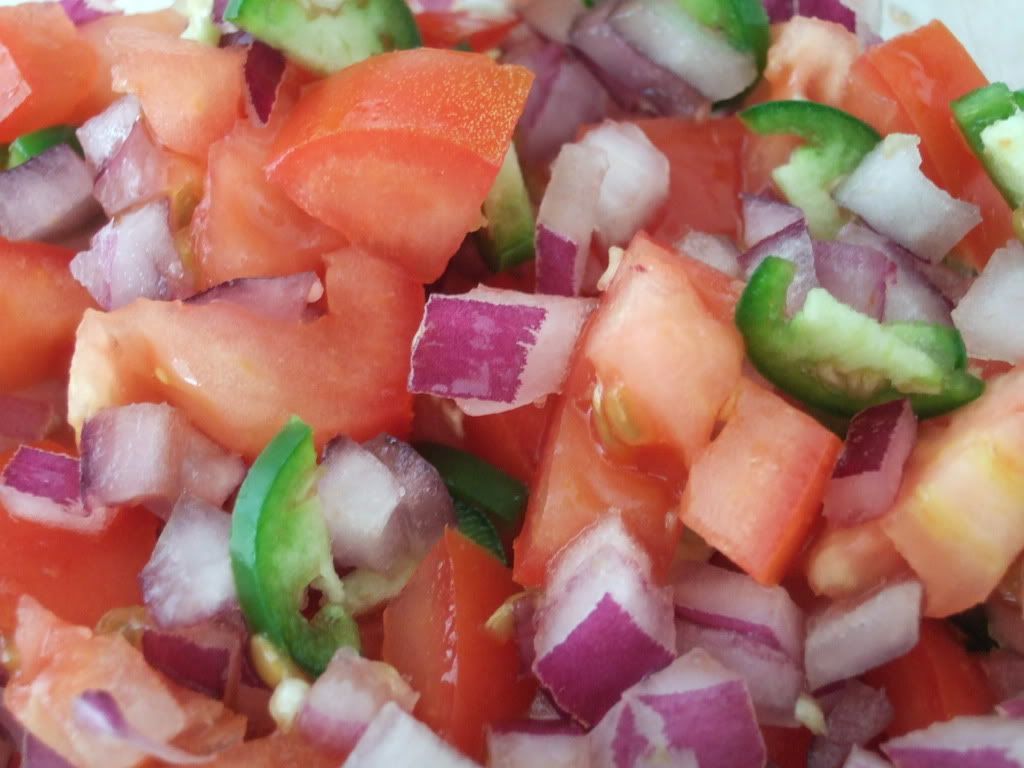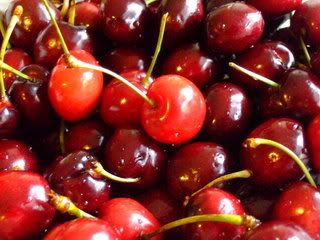The advisor has you check from a list your age group, ethnicity, gender and major health problems (I checked asthma, although I rarely have breathing problems these days). Then you check your habit of eating 1 serving from certain food groups daily or weekly. The listed foods are only the world's healthiest ones- not restaurant meals, pop (that's soda for those of you who don't say "pop") and junk food. Be sure to think before you answer the questions so that you are as accurate as possible. Some of the serving sizes can't possibly apply to the foods listed in that. For example, I eat olive oil almost daily, but it's included in the vegetable category for which they give 1 cup as a serving size. However, by grouping all of your intake from the vegetable group, though, you can average your total servings over the course of a day or week.
I always knew that I tend to eat the same types of foods over and over again, rarely straying into new areas until I get sick of my daily menu. That doesn't bode well for my nutritional profile. Below is the list I got of my deficiencies, all of which I was aware of - for the fatty acids, that is. I thought I got plenty of those! Seeing this information in red (high warning) and yellow (moderate deficiency) puts it into perspective:
95% vitamin b12Naturally, this website gives you advice about resolving your deficiencies. They give you foods with a number representing how many of the nutrients from your deficiency list you'll get from that one food. For example, if I were to eat cooked turnip greens, I would kill 4 birds with one stone, since it contains 4 of my deficient nutrients. Since I would eat them raw, I'd likely have greater benefits. You can click on each nutrient for information about what it does, indicators of deficiency, and rich sources of that nutrient. You can also click on the food sources suggested; this will give you a nutritional analysis, recipe ideas, and other helpful information. Based on what I'm reading at WHF, I'm thinking I get vitamin D from the salmon I eat, despite what Sparkpeople says. Their nutritional profiles for salmon all say 0 vitamin D. Guess I'll have to create an entry of my own for salmon.
95% vitamin e
90% vitamin d
80% riboflavin b2
78% calcium
70% niacin b3
68% zinc
60% pantothenic acid
60% omega 3 fatty acids
Well, I hope that those of you who haven't been to this website check it out. I'm all about self- educating, and this website looks like a good resource for people who want to find out more about good, healthy foods.
LINKS
List of world's healthiest foods
Food advisor
World's Healthiest Foods main page





0 comments:
Post a Comment